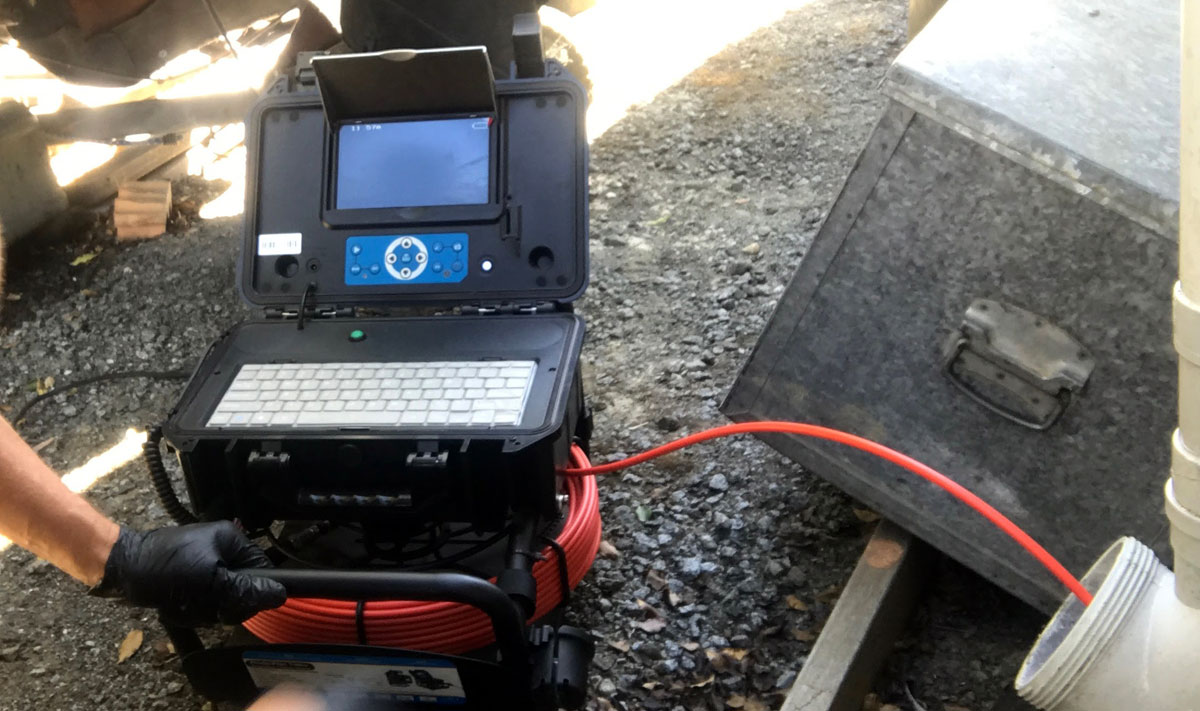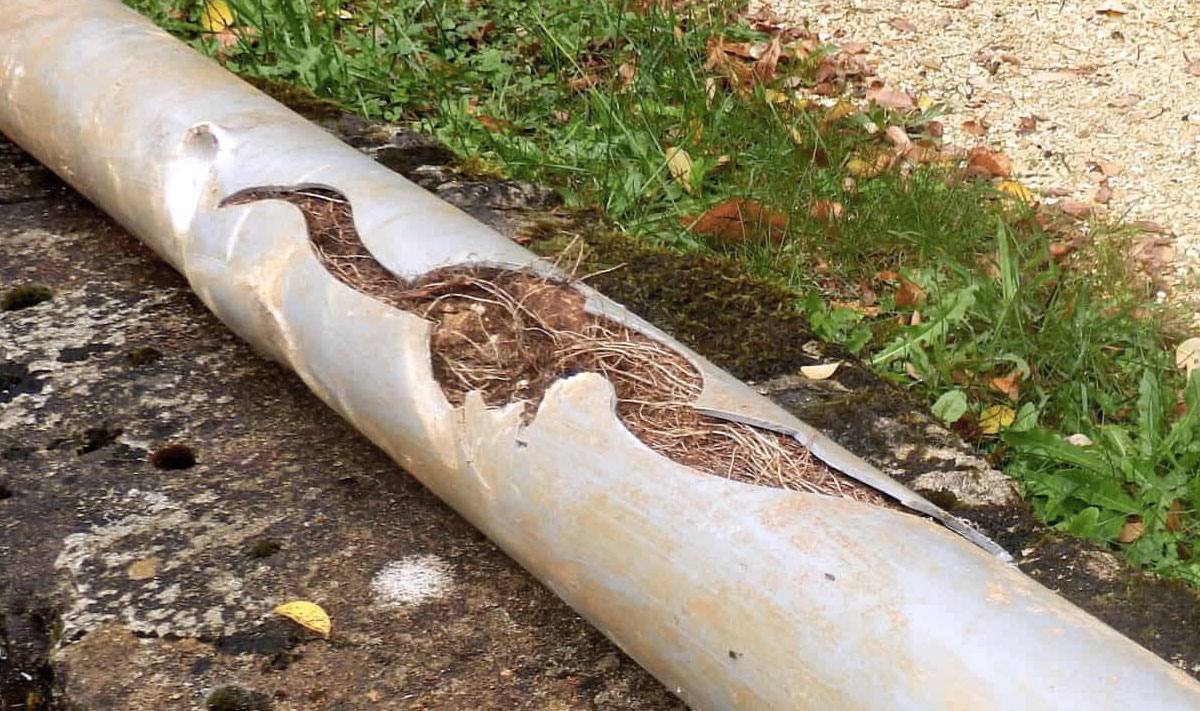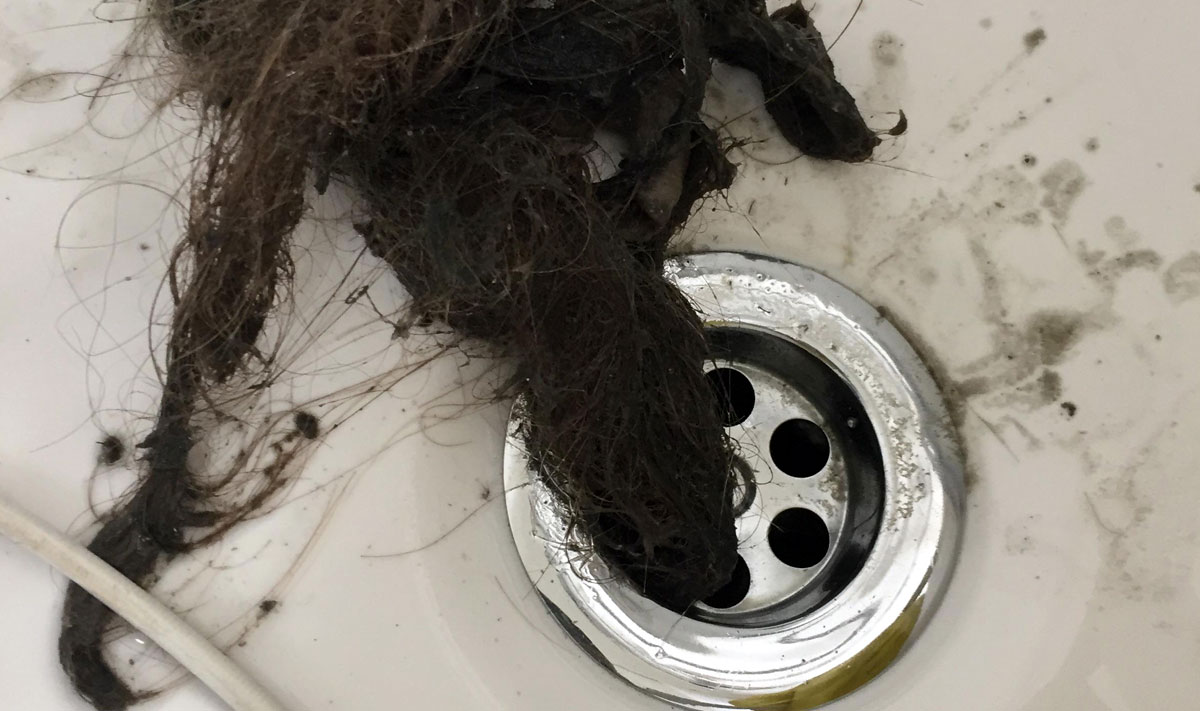Discover the most effective methods for clearing blocked drains and preventing future issues with our comprehensive guide. Save time, money, and stress by learning how to tackle drain blockages like a pro.
How To Tell If Your Drain Is Blocked
Knowing the signs of a blocked drain is crucial for early detection and timely intervention. Here are some common indicators that you may have a blocked drain:
Slow Draining Water
If you notice that water is taking longer than usual to drain from your sink, bathtub, or shower, it’s likely that there’s a blockage forming in your pipes. Addressing the issue early can prevent more severe problems down the line.
Unpleasant Odours
Blocked drains can cause unpleasant odors due to the buildup of waste, food particles, or other debris. If you detect foul smells coming from your drains, it’s worth investigating the possibility of a blockage.
Gurgling Noises
Gurgling noises from your drains are another sign of a potential blockage. These sounds are caused by air bubbles getting trapped in your pipes as water struggles to flow past the obstruction.
Frequent Clogs
If you’re experiencing frequent clogs in your plumbing fixtures, it’s a strong indicator of a more significant blockage issue. Persistent clogs warrant professional intervention to identify and resolve the root cause.
Overflowing Toilets
An overflowing toilet is a clear sign of a blocked drain. If your toilet overflows or fails to flush properly, it’s essential to address the blockage promptly to avoid further damage and health risks.
Water Backup
When water starts backing up in your sinks, showers, or bathtubs, it’s a strong indication of a blocked drain. The water may also appear dirty or discolored due to the buildup of waste in the pipes.
How to Clear a Blocked Drain
Utilise a Plunger for Basic Blockages
A plunger is an essential tool for every household. When dealing with a simple blockage, ensure the plunger’s rubber end completely covers the drain opening and push down firmly, creating a strong vacuum. Pull up with force to dislodge the blockage. Repeat this process until the water drains freely.
Apply a Chemical Drain Cleaner
For stubborn clogs, using a chemical drain cleaner may be necessary. Always follow the manufacturer’s instructions and wear protective gloves and eyewear. Pour the recommended amount of drain cleaner into the blocked drain, wait for the specified time, and flush with hot water. A word of warning about this step – some chemical cleaners like Draino can actually do damage to your pipes that can lead to more costly repairs so always be careful to follow the instructions and be cautious.

Use a Drain Snake or Auger
This step might require a licensed plumber who already has the necessary equipment.
A drain snake or auger is a flexible, long tool designed to navigate through pipes and break up tough blockages. Insert the snake into the drain until you reach the clog, then rotate the handle to break up the obstruction. Pull the snake out, and the blockage should come with it.
Implement a High-Pressure Water Jet
Similar to the previous step, this should only be performed by a licensed plumber who has the right equipment and knowledge to ensure an optimal result with no damage to existing plumbing.
A high-pressure water jet, also known as a hydro-jet, can effectively clear blockages by blasting water at high velocity through your pipes. Connect the jet to a water source and insert the hose into the drain. The force of the water will break up and flush away debris.
Inspect with a Drain Camera
Using a drain camera can help pinpoint the exact location and nature of the blockage. Feed the camera into the drain, and the live feed will display on a monitor. Once the blockage is located, determine the best course of action for clearing it.
Prevent Future Blockages with Regular Maintenance
To prevent recurring drain issues, perform regular maintenance. Remove hair and debris from drains, install drain guards, and periodically clean your pipes with hot water and vinegar or baking soda.
Properly Dispose of Grease and Oils
Avoid pouring grease and oils down your drain, as they can solidify and cause blockages. Instead, collect them in a container and dispose of them in the trash or at a designated recycling facility.
Install Drain Guards and Strainers
Drain guards and strainers are an affordable and effective solution for preventing blockages. Place them over your drain openings to catch hair, food particles, and other debris before they enter your pipes.
Avoid Flushing Inappropriate Items
Prevent blockages by not flushing items like wipes, sanitary products, or paper towels down the toilet. Dispose of these items in a bin to protect your pipes.
Seek Professional Help for Persistent Issues
If you’ve tried multiple methods without success, it’s time to call a professional plumber. They have the expertise and equipment to diagnose and resolve complex drain issues, saving you time and frustration.
Causes of a Blocked Drain
Understanding the common causes of blocked drains can help you prevent future issues and maintain a healthy plumbing system. Here are several factors that can contribute to blocked drains:
Hair and Soap Scum
Hair and soap scum often accumulate in bathroom drains, creating blockages over time. Installing drain guards and regularly cleaning your drains can help prevent this buildup.
Grease and Fats
Grease, fats, and oils can solidify and stick to the inside of your pipes, eventually causing blockages. Properly disposing of these substances in a separate container helps protect your drains.
Food Waste
Food particles, especially starchy and fibrous foods like rice, pasta, and vegetable peels, can accumulate in your kitchen sink drain and lead to clogs. Scrape food waste into a compost bin or trash before washing dishes.
Foreign Objects
Items like sanitary products, wipes, and children’s toys can become lodged in your pipes, causing serious blockages. Educate your household about what can and cannot be flushed down the toilet or sink.

Tree Roots
Tree roots can infiltrate your pipes in search of water, causing significant damage and blockages. Regular inspection of your plumbing system and proper tree maintenance can help prevent this issue.
Broken or Collapsed Pipes
Broken or collapsed pipes can obstruct water flow, leading to blocked drains. If you suspect damage to your pipes, consult a professional plumber for a thorough inspection and necessary repairs.
Mineral Buildup
Hard water contains minerals that can accumulate inside your pipes over time, restricting water flow and causing blockages. Installing a water softener can help reduce mineral buildup and protect your plumbing system.
